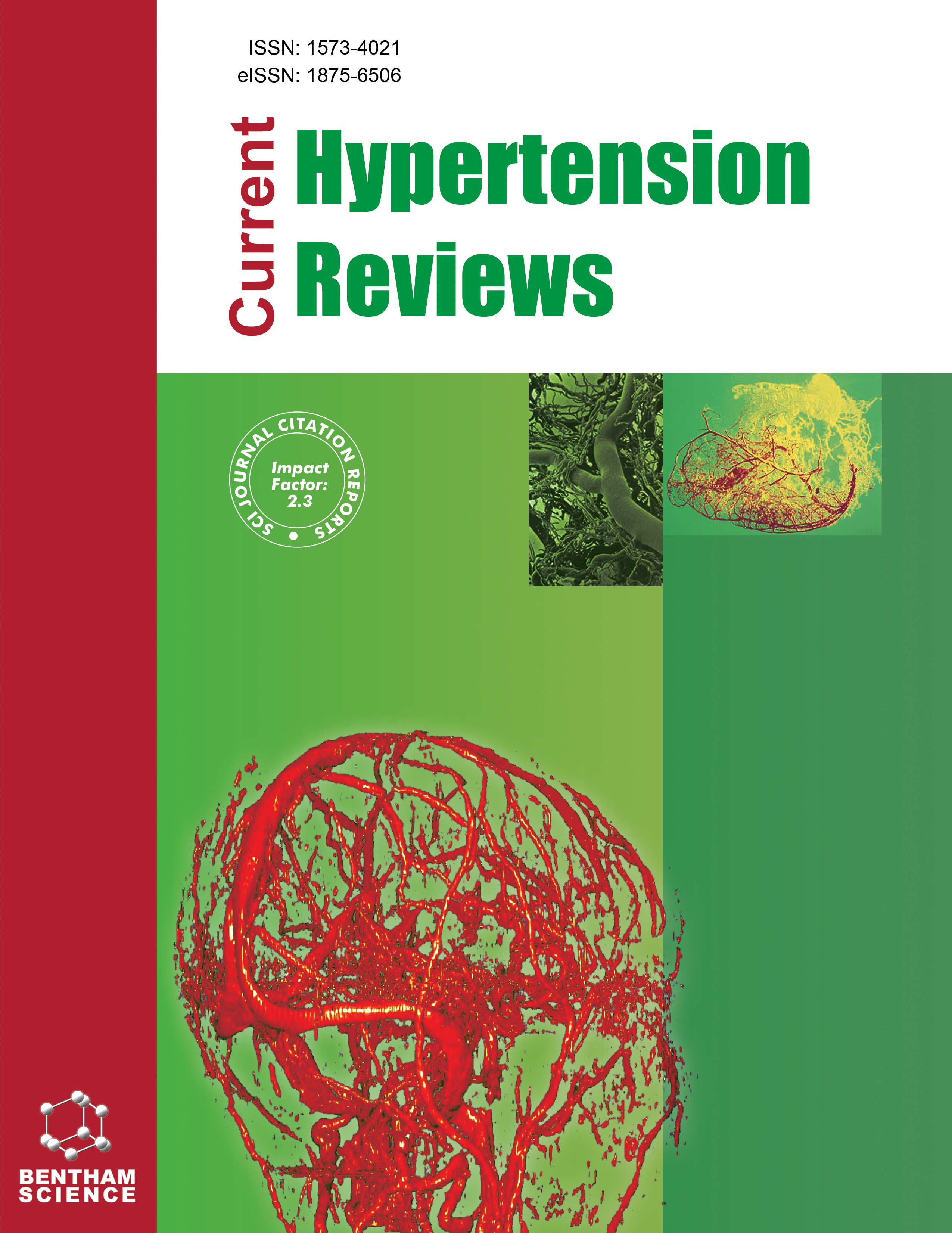-
s Ambulatory Blood Pressure Monitoring in the Diagnosis and Management of Arterial Hypertension in Current Medical Practice in Algeria
- Source: Current Hypertension Reviews, Volume 17, Issue 1, Apr 2021, p. 75 - 82
-
- 01 Apr 2021
Abstract
Objective: There are limited data on the management of hypertension (HT) in Algeria. The aim of this study was to assess, in current medical practice, the use and benefits of ambulatory blood pressure monitoring (ABPM) for the diagnosis and management of HT. Methods: A prospective, observational, multicenter study was performed in 2017. Patients aged ≥ 18 years with suspected or treated HT were included. A 24-hour ABPM was performed at baseline in all patients. Therapeutic decision was taken by the physician according to ABPM results and patients were then followed up to 6 weeks. Results: The analysis included 1027 patients (mean age, 51.0 years; women, 61.6%) with treated HT (37.3%) or suspected HT (62.7%). Major cardiovascular risk factors were diabetes (15.7%) and lipid disorders (7.2%). ABPM was pathological in 55.1% of patients on antihypertensive treatment and in 60.8% of patients with suspected HT. A therapeutic adjustment or a treatment switch was performed after pathological ABPM in 37.4% of patients already on antihypertensive treatment and an antihypertensive therapy was initiated in 54.9% of patients with initially suspected HT. Conclusion: This study is the first evaluation of the usefulness of ABPM for the management of HT in Algeria. Our results emphasize that ABPM is a highly valuable method for avoiding the whitecoat effect and for detecting patients who are insufficiently treated with antihypertensive drugs.


